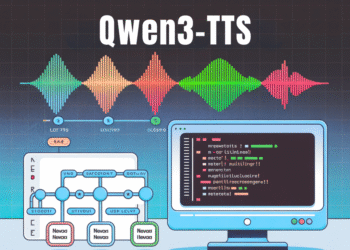The latest headline-grabber is Hume’s Evi 3, a voice cloning tool capable of mimicking a person’s tone, accent, emotional nuance, and personality — all from just a 30-second audio sample. It can virtually resurrect celebrity voices like Ricky Gervais or Audrey Hepburn.
While that opens doors for exciting creative and accessibility applications, it raises pressing concerns about consent and deepfake misuse. Hume’s CEO underscores that they approached development with caution, embedding ethical safeguards and misuse monitoring from the start.
15.dev Returns: Free TTS for Fictional Characters
Fans of whimsical AI voice tech got a delightful surprise: 15.ai, a long-dormant tool that generated text-to-speech for anime and game characters, is back in a refreshed form—15.dev.
The new service offers fast, expressive character voices and emotional delivery, just as the original did, breaking the typical dogma around voice cloning.
Vocaloid V Studio 2: Multilingual AI Singing Gets an Upgrade
Two months back, Synthesizer V Studio 2 (SV2) made its highly anticipated debut. The update dramatically pepped up synthesis quality and speed, adding support for rap vocals and cross-lingual singing (including English, Japanese, Mandarin, Cantonese, Korean, and Spanish). It’s a striking leap forward in AI voice performance—especially for music creators.
Why This Matters
AI voice generation isn’t just about replicating speech anymore—it’s becoming a creative partner, a voice resurrection tool, and a frontier for ethics. From cloning voices with emotional precision, reviving beloved fictional characters, to producing multilingual singing TTS, the tech continues to romp past what we assumed was possible.
















